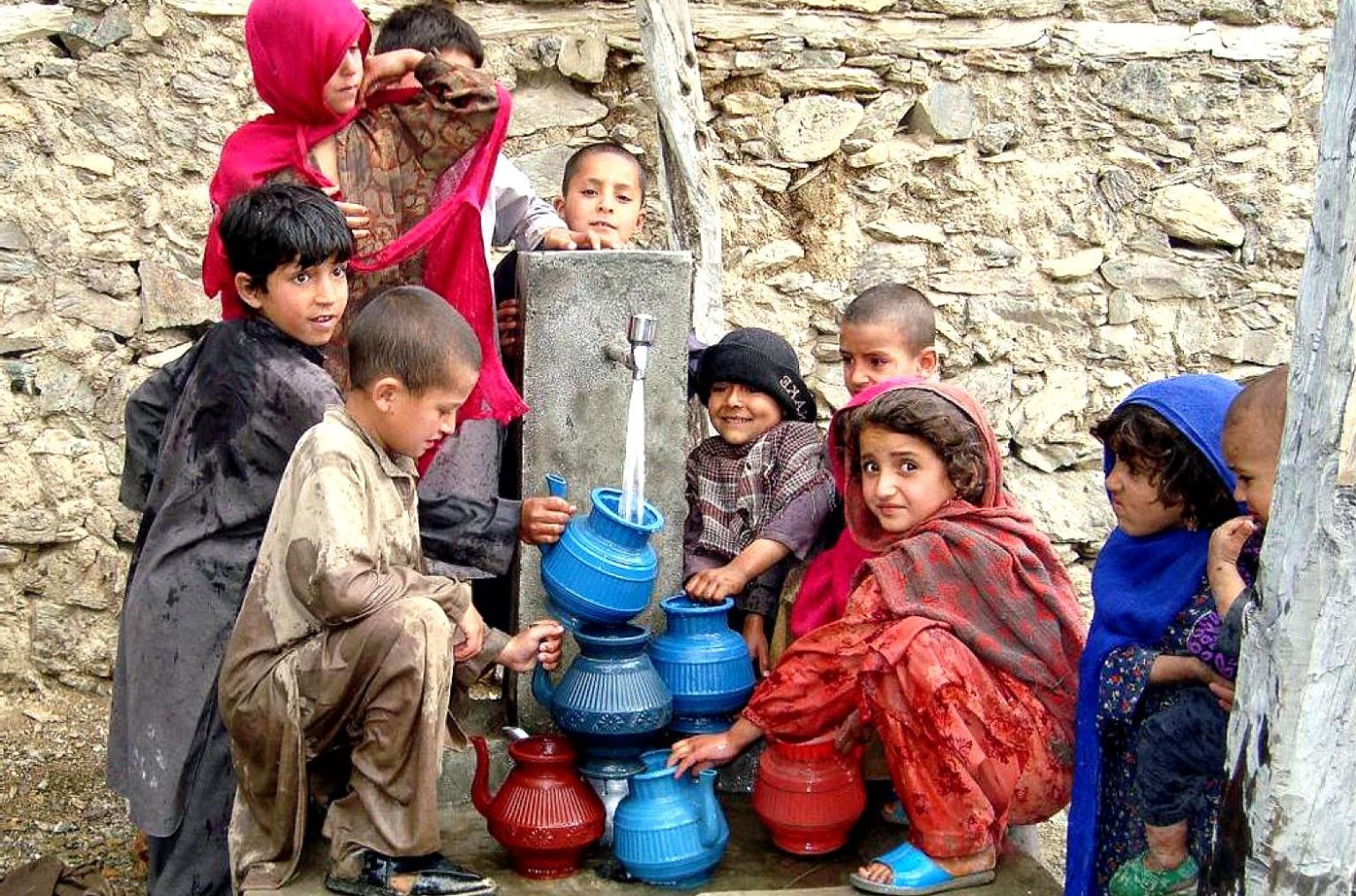In a statement delivered at an international meeting of Special Envoys on Afghanistan in Doha, UN Secretary-General António Guterres noted on May 2 that the lack of inclusivity, which importantly includes human rights, in particular those of women and girls, severely undermined by recent Taliban decisions and the spread of drug trafficking with all its dramatic consequences is another matter of serious concern.
The UN chief said the United Nations will continue to use its convening power to advance a forward leaning approach, which puts the Afghan people first, and in a manner that is complementary to existing regional platforms and initiatives.
“It is difficult to overestimate the gravity of the situation in Afghanistan, said Mr. Guterres. “It is the largest humanitarian crisis in the world today. Ninety-seven percent of Afghans live in poverty. Two-thirds of the population – 28 million – will need humanitarian assistance this year to survive. Six million Afghan children, women, and men are one step away from famine-like conditions.”
“Meanwhile, funding is evaporating. Our Humanitarian Response Plan, seeking US$4.6 billion, has received a mere US$294 million – 6.4 per cent of the total funding required.”
“But funding is not the only concern,” UN SG said, noting that the current ban on Afghan women working for the United Nations and national and international NGOs is unacceptable and puts lives in jeopardy.
According to him, the UN will never be silent in the face of unprecedented, systemic attacks on women and girls’ rights. “We will always speak out when millions of women and girls are being silenced and erased from sight,” Mr. Guterres said.
Meanwhile, UN News Center noted that the UN chief told reporters in Doha after convening the meeting of Special Envoys on Afghanistan that the gathering had not focused on recognition of the de facto authorities, but rather on developing a common, international approach to burning interlinked issues, such as terrorism, the crackdown on human rights, and the spread of drug trafficking.




